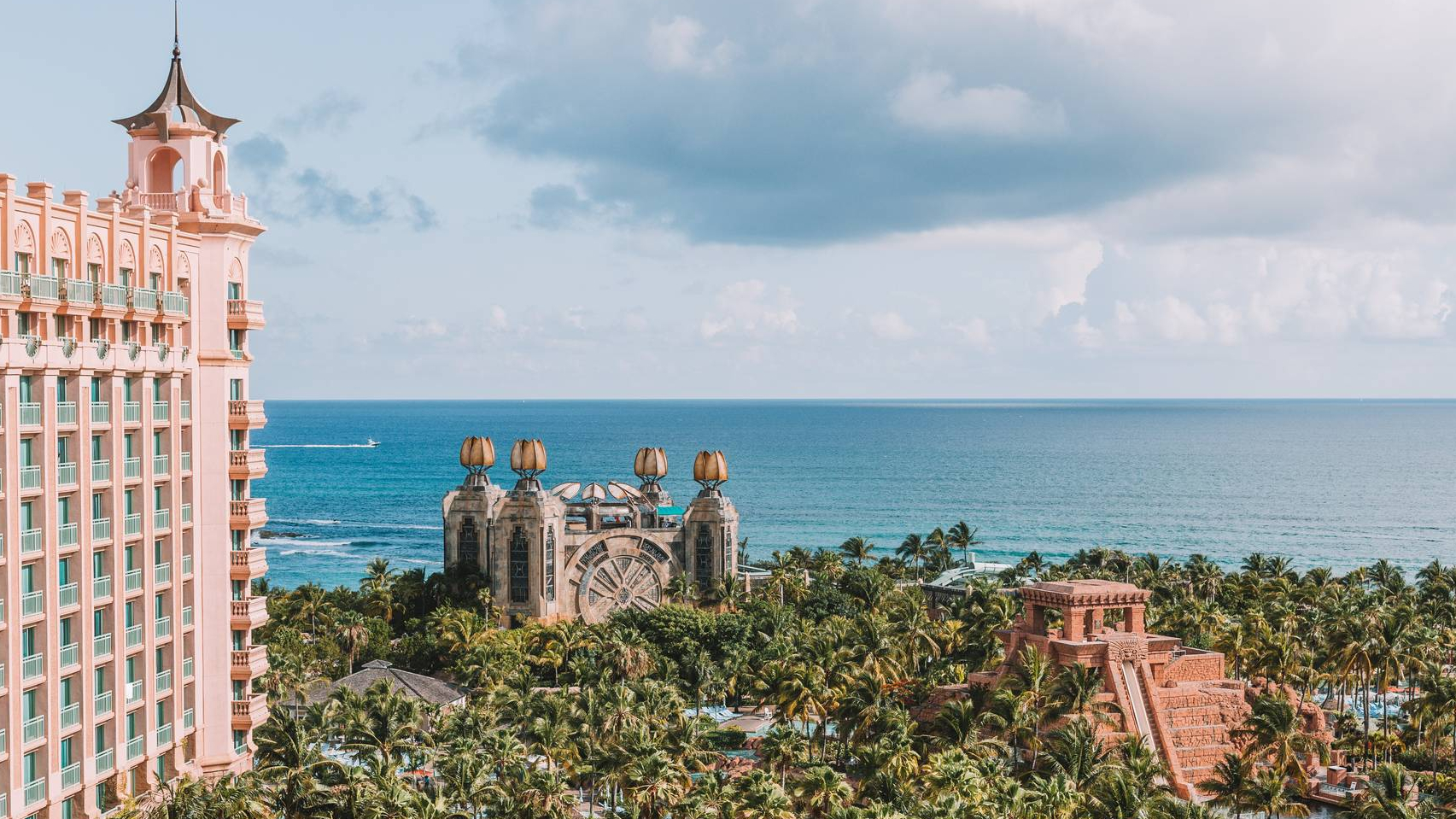The U.S. State Department’s travel advisories are meant to help keep Americans safe abroad. Based on a 1-4 rating, it’s meant to make Americans aware of the perceived safety threat to visiting a foreign country.
- 1 = Exercise normal precautions (you’re pretty safe)
- 2 = Exercise increased precautions (you’re relatively safe but be careful)
- 3 = Reconsider travel (I wouldn’t go there if I were you)
- 4 = Do not travel (don’t go there)
These threats can run the gamut from crime to terrorism to natural disasters to civil unrest to health risks, etc. However, recent changes to advisory levels for several countries suggest there may be more at play than just safety data. Could these advisories now be a tool of foreign policy—used to reward allies or apply pressure?
El Salvador’s Surprising Promotion
This spring, the State Department moved El Salvador to Level 1: Exercise Normal Precautions—its safest possible rating. That puts it in the same category as countries like Iceland, New Zealand, and Japan.
The upgrade follows President Nayib Bukele’s aggressive anti-gang policies, which have resulted in significantly lower homicide rates. But while the streets may be safer, the government’s ongoing state of exception suspends basic rights and allows police to detain individuals without due process.
An earlier version of the advisory—still visible on the State Department’s website—warns that “the state of exception allows local authorities to arrest anyone they think is involved in gang activity.”
Jamaica Still on the Naughty List
Meanwhile, Jamaica continues to sit at Level 3: Reconsider Travel, despite recent data showing a 19% reduction in murders in 2024 and less than 0.01% of crimes affecting tourists. Prime Minister Andrew Holness has pushed for a reevaluation, and even U.S. Secretary of State Marco Rubio called the safety improvements “very impressive.”
But so far, the advisory level hasn’t changed.
New Warnings for Caribbean Favorites

Photo by Leonardo Rossatti on Pexels.com
Jamaica isn’t alone. Two longtime tourism favorites—The Bahamas and Turks and Caicos—also saw updated advisories this spring.
- For The Bahamas, the U.S. warns that “violent crime such as burglaries, armed robberies, and sexual assaults can occur in both tourist and non-tourist areas.”
- In Turks and Caicos, visitors are reminded that “local laws are strictly enforced”—with consequences that may surprise U.S. travelers.
Other Countries Disagree on El Salvador
Not everyone agrees with the U.S. assessment. Canada still urges travelers to “exercise a high degree of caution” in El Salvador, citing concerns about gang activity and the arbitrary enforcement of laws.
Reading Between the Lines
Shortly after the current administration took office, we noted a wave of advisory changes across various countries. (We wrote about that here.) Now, with El Salvador receiving glowing marks and Jamaica still waiting, it’s hard not to wonder: Are travel advisories being used as diplomatic tools?
They still offer helpful safety guidance. But depending on which country you’re looking at—and when—it may be worth asking: is this about risk, or relationships?
Want to comment on this post? Great! Read this first to help ensure it gets approved.
Want to sponsor a post, write something for Your Mileage May Vary, or put ads on our site? Click here for more info.
Like this post? Please share it! We have plenty more just like it and would love it if you decided to hang around and sign up to get emailed notifications of when we post.
Whether you’ve read our articles before or this is the first time you’re stopping by, we’re really glad you’re here and hope you come back to visit again!
This post first appeared on Your Mileage May Vary

2 comments
El Salvador? What have they done for The White House lately? Oh…
You asked….. “Are travel advisories being used as diplomatic tools?”
The answer, definitely, and sadly YES.